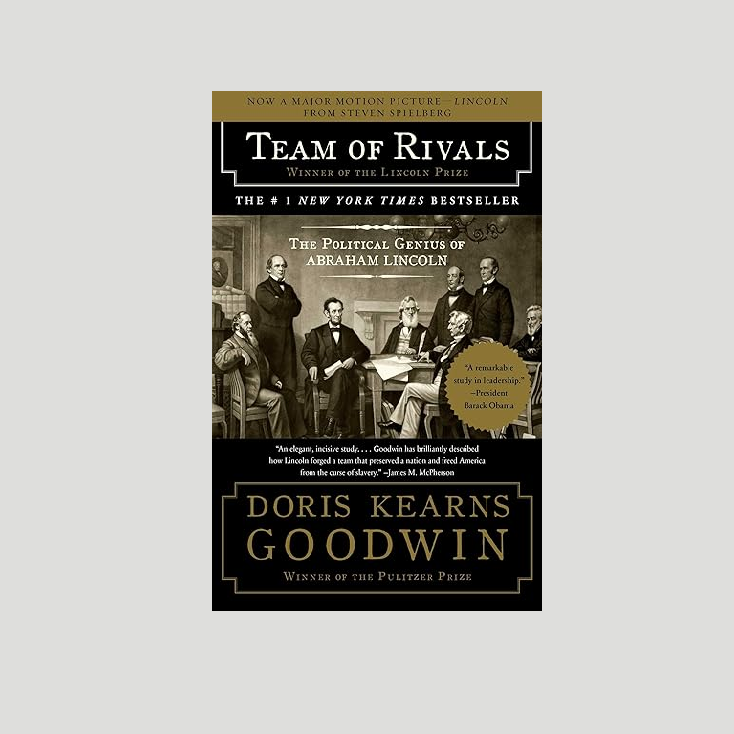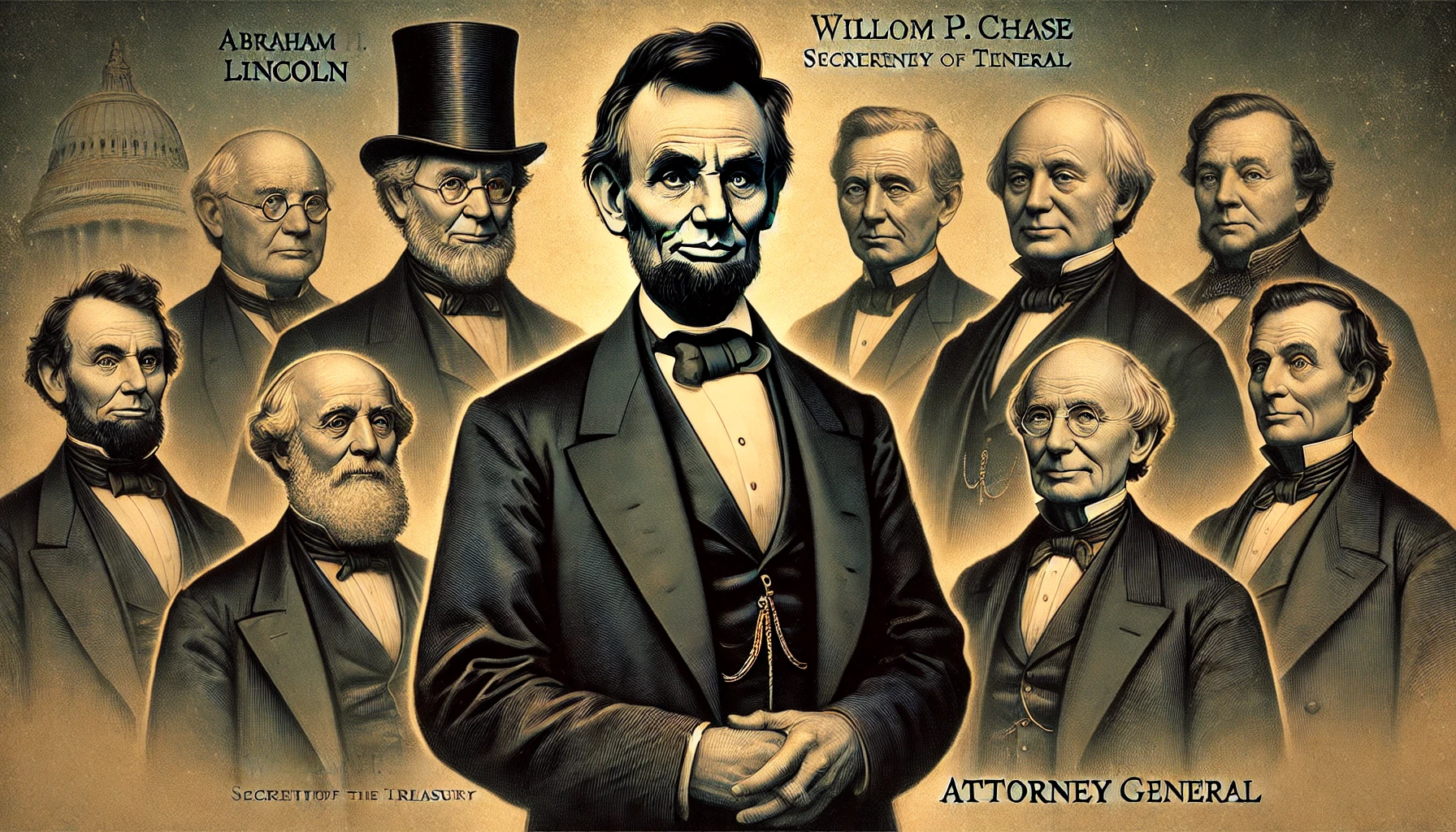“Team of Rivals: The Political Genius of Abraham Lincoln” by Doris Kearns Goodwin
$ 1.50
One of the most influential books of the past fifty years, Team of Rivals is Pulitzer Prize–winning author and esteemed presidential historian Doris Kearns Goodwin’s modern classic about the political genius of Abraham Lincoln, his unlikely presidency, and his cabinet of former political foes.
Winner of the prestigious Lincoln Prize and the inspiration for the Oscar Award winning–film Lincoln, starring Daniel Day-Lewis, directed by Steven Spielberg, and written by Tony Kushner.
In Stock
Recent Views
“The Wealth of Nations” by Adam Smith
Original price was: $ 1.50.$ 1.40Current price is: $ 1.40.
Description
Doris Kearns Goodwin’s Team of Rivals: The Political Genius of Abraham Lincoln, first published in 2005, is both an acclaimed biography of Abraham Lincoln and a study in leadership under crisis. Spanning Lincoln’s rise from relative obscurity to his assassination in 1865, the book emphasizes the way he assembled a cabinet of his most prominent political rivals—men who had competed fiercely with him for the 1860 Republican presidential nomination. Goodwin argues that Lincoln’s empathy, humility, and political skill enabled him to turn these ambitious figures—William H. Seward, Salmon P. Chase, and Edward Bates—into indispensable allies. The result was an administration capable of preserving the Union during the Civil War and taking momentous steps, such as the Emancipation Proclamation.
Drawing on letters, diaries, speeches, and official records, Goodwin reconstructs both Lincoln’s personal growth and the evolving attitudes of his core cabinet members. She weaves their backgrounds, rivalries, and eventual collaboration into a narrative highlighting how leadership can thrive by including strong personalities rather than excluding them. This summary explores Goodwin’s main points: the contest for the 1860 Republican nomination, Lincoln’s choices in building his cabinet, the administration’s handling of the Civil War’s challenges, the unfolding dynamics among Seward, Chase, Bates, and Lincoln, and the broader implications of Lincoln’s leadership style.




Reviews
There are no reviews yet.